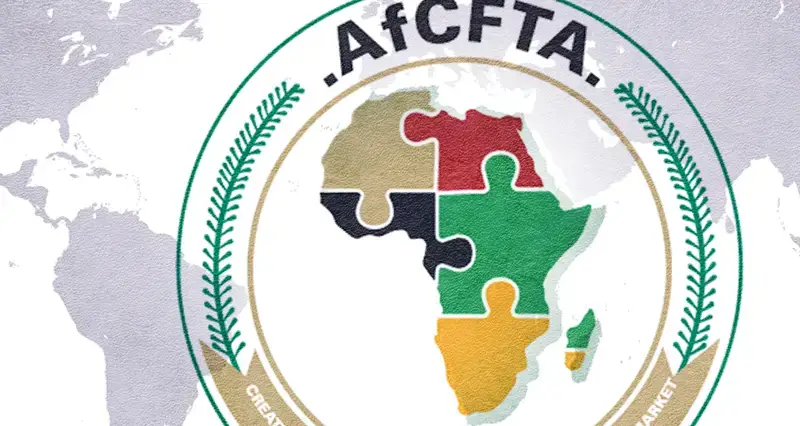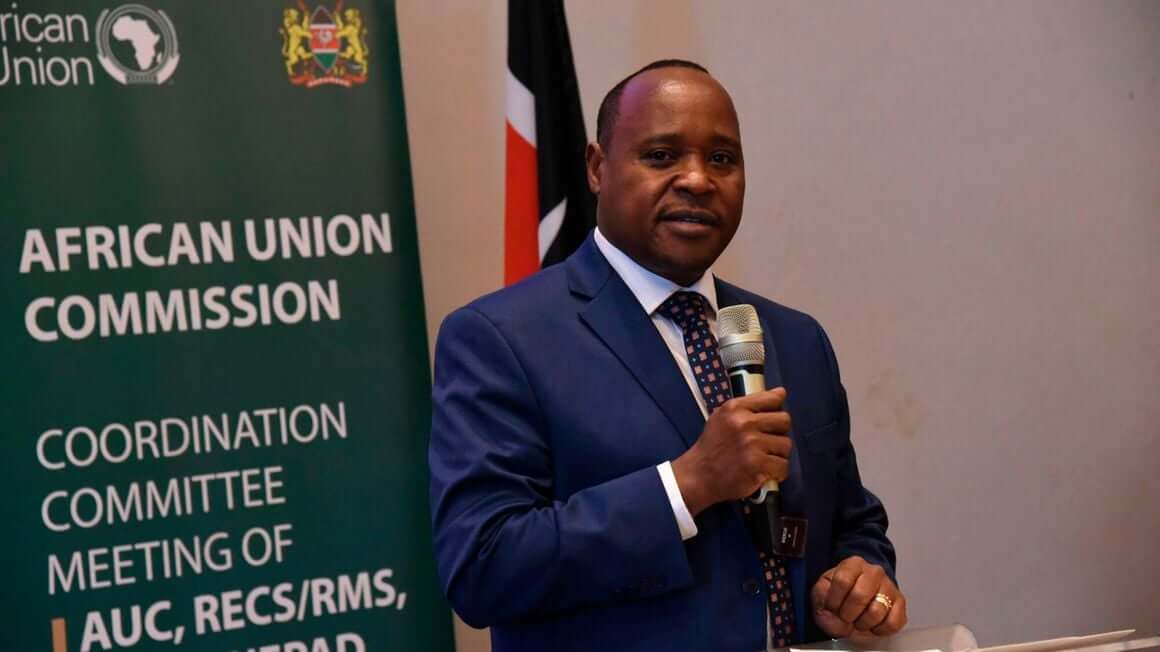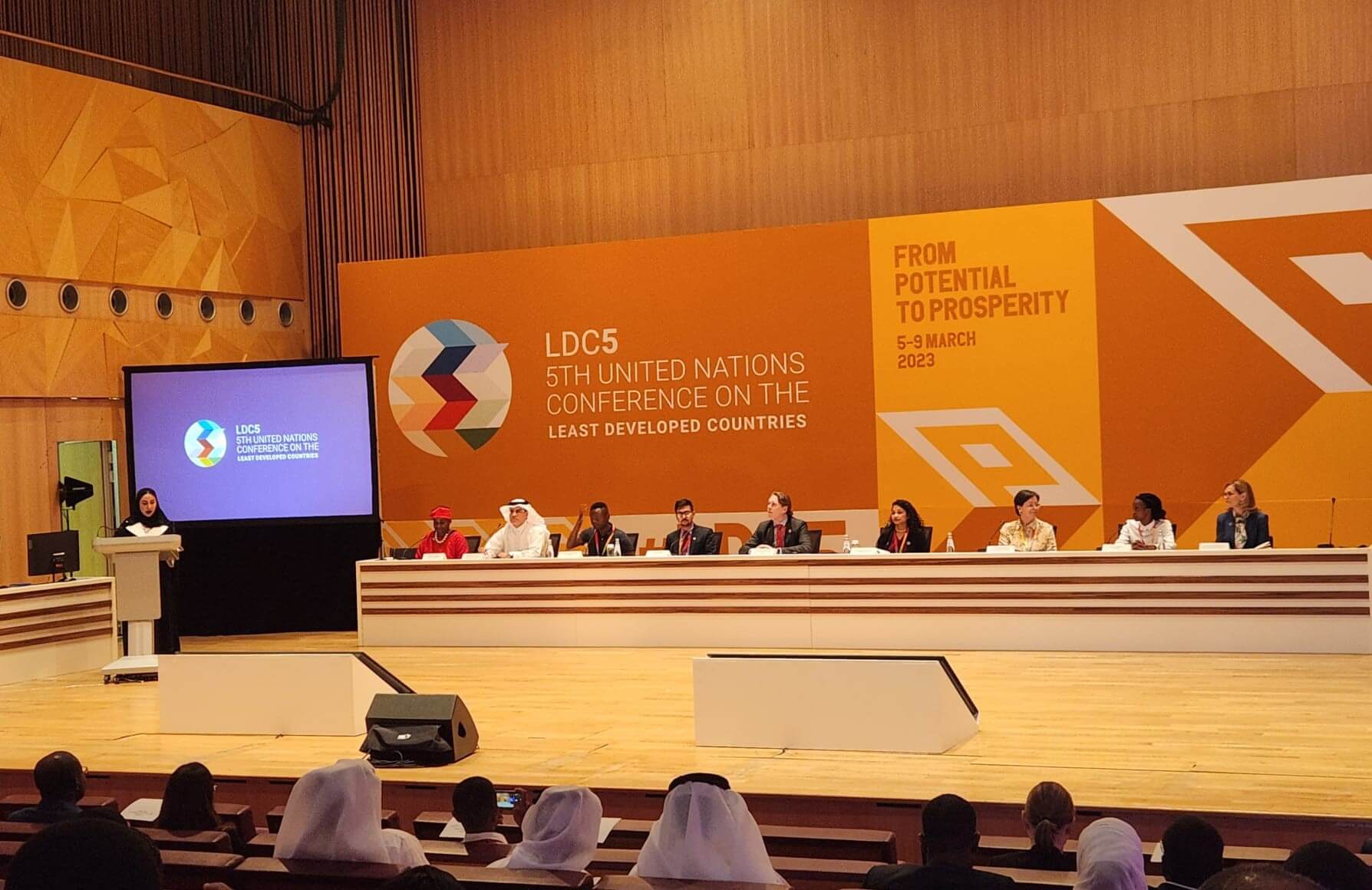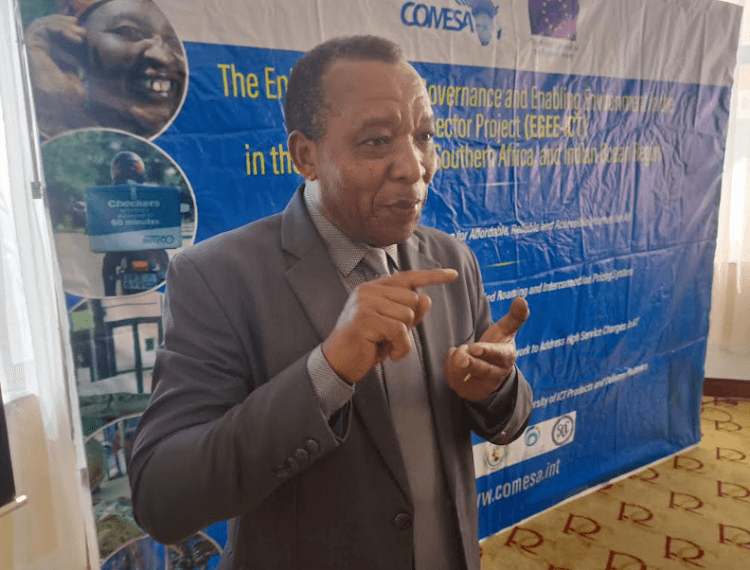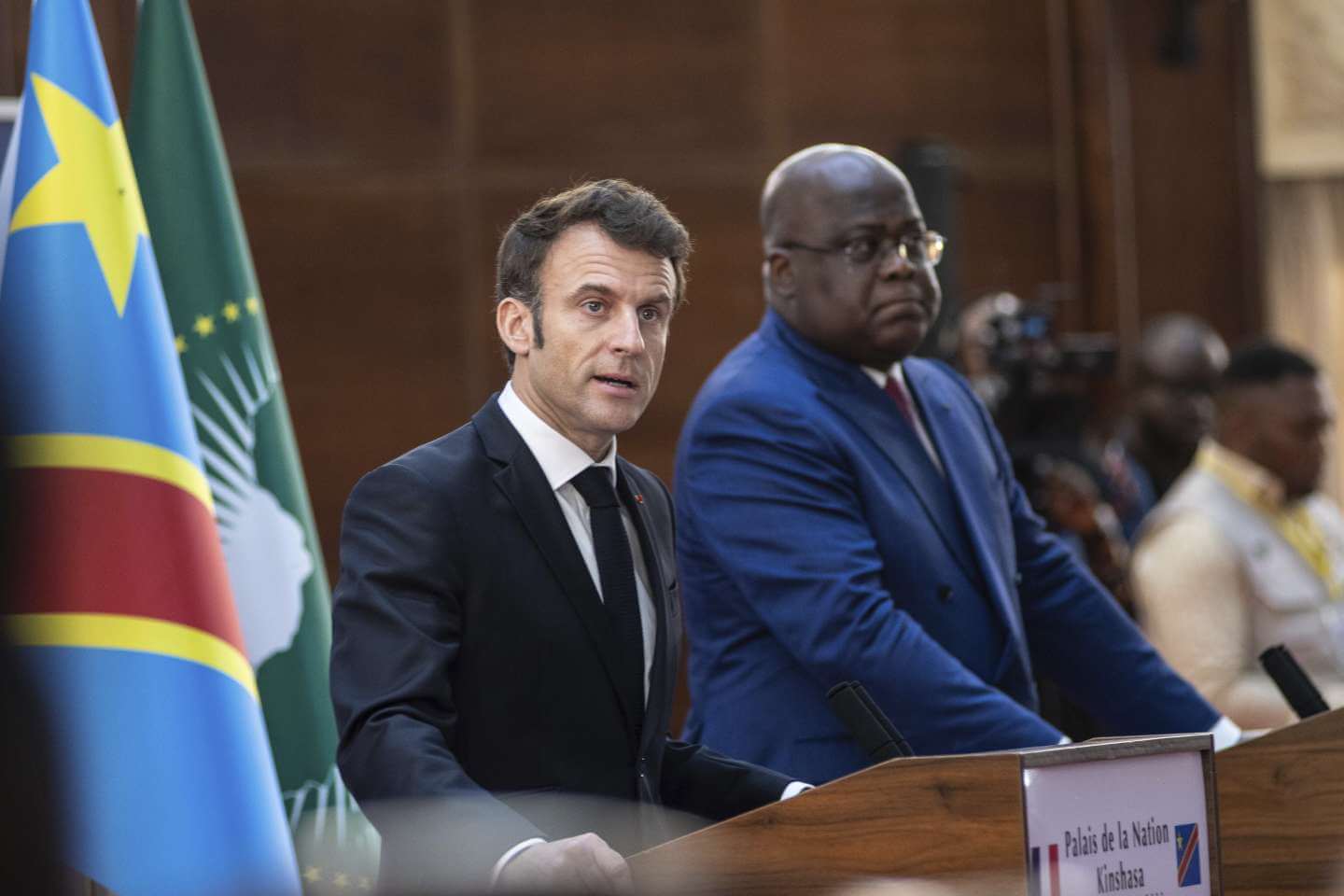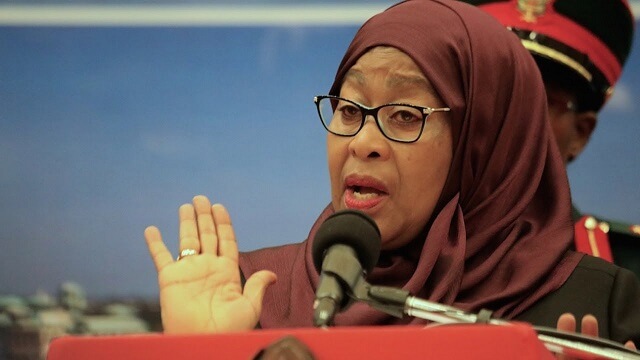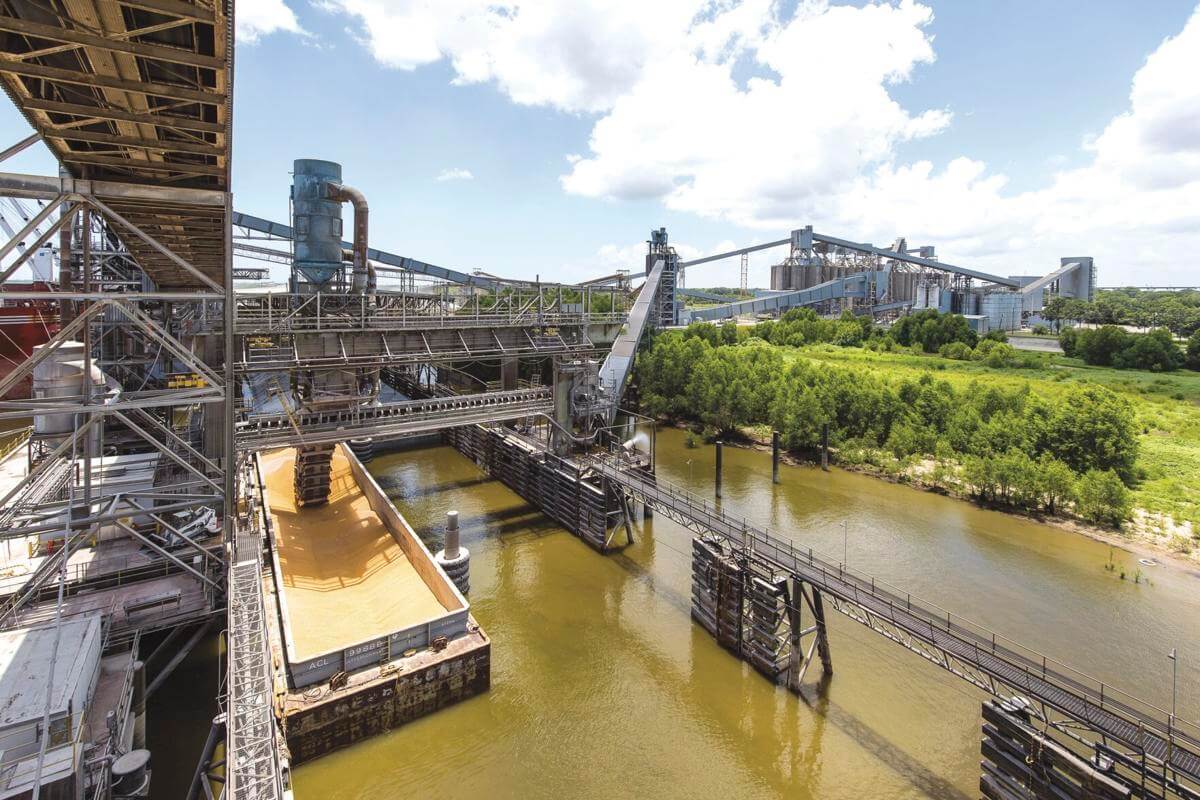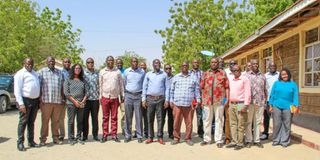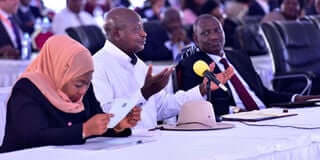Experts yesterday observed that the commencement of the African Continental Free Trade Area (AfCFTA) provides opportunities to create more job opportunities and advance the work environment. They were speaking at the opening academic conference with the theme, ‘The Commencement of AFCTA: Opportunities for the Work Environment’ organised by the Chartered Institute of Personnel Management of Nigeria (CIPM) in collaboration with Lead City University, Ibadan. The vice-chancellor of the university, Prof. Aderemi Adeyemo, described the commencement of AFCTA as “a historic moment for the continent, and it presents us with a unique opportunity to transform the African economy and create new job opportunities. “I urge you all to engage in constructive dialogue and exchange ideas on how we can harness the opportunities presented by the AFCTA to create a more prosperous and equitable Africa. “Let us work together to ensure that the work environment is at the centre of our efforts to build a more prosperous and integrated Africa,” he said. The VC explained that the academic conference was designed to share critical knowledge and information on issues relating to the impacts of AfCTA on HR theory and practice, building an inclusive work environment and adaptable workforce, virtual work and employee well-being and implementation of AfCTA: Institutional Response and Framework. The president and chairman of the Governing Council of CIPM, Olusegun Mojeed, stated that there is a need to bridge the gap between the town and the gown, and between academic theories and strategic human resource management by providing a platform...
‘AfCFTA Implementation Will Drive Jobs, Advance Work Environment’
Posted on: March 16, 2023
Posted on: March 16, 2023

